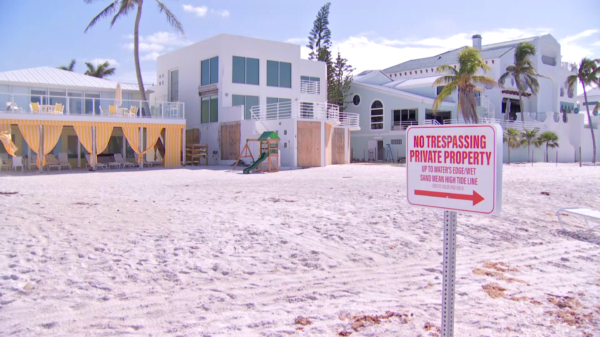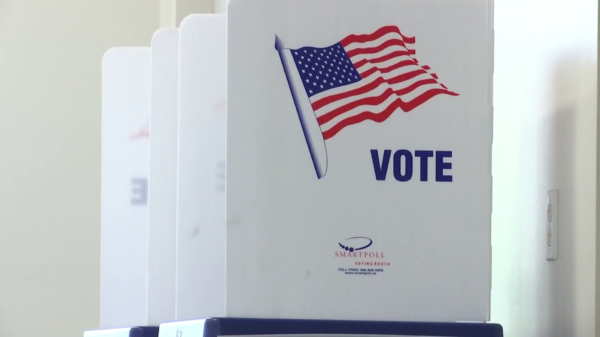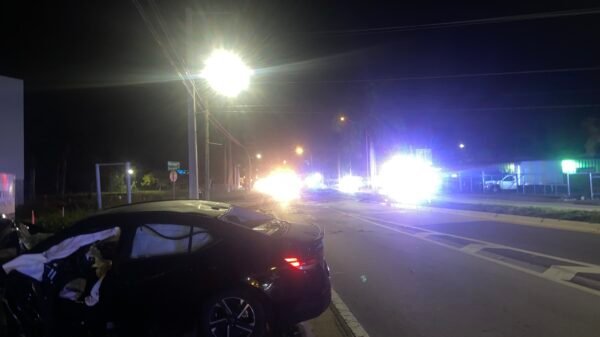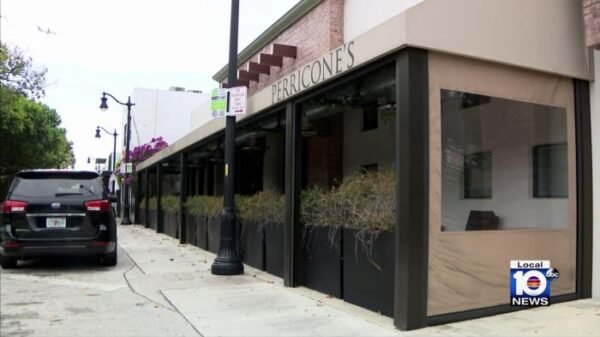The Controversial Decision: Judge Sentences Joseph Zieler to Death for 1990 Cape Coral Double Murder
Death penalty cases have always been at the center of intense debate and moral discussions. One such case that has recently stirred up controversy is the sentencing of Joseph Zieler to death for the 1990 Cape Coral double murder. The heinous nature of the crime, coupled with the lengthy legal battle, has drawn significant attention from both the media and the public. This article aims to delve into the details of the case, the reasoning behind the judge’s decision, and the implications it holds for the future.
A Brutal Crime: The 1990 Cape Coral Double Murder
In 1990, Cape Coral, a quiet Florida town, was shattered by a brutal double murder that left the community in shock. The victims, a young couple in their twenties, were found bound and gagged, with multiple gunshot wounds. The crime scene was a scene straight out of a horror movie, and the investigation that followed was complex, with numerous dead ends and false leads.
For years, the case remained unsolved, haunting the families of the victims and the entire community. But in 2010, a breakthrough occurred when DNA evidence led to the arrest of Joseph Zieler, a man with a previous criminal record and a history of violence. His trial, held over a decade after the crime, became a focal point of media attention and public interest.
The Legal Battle: The Decision to Impose the Death Penalty
Following a lengthy trial filled with disturbing testimonies and graphic evidence, Joseph Zieler was found guilty of the Cape Coral double murder. However, the legal battle did not end there. The next critical decision awaited Judge Amanda Harrison – whether to impose the death penalty or sentence Zieler to life imprisonment without parole.
In her ruling, Judge Harrison justified her decision by considering several factors. One of the primary reasons cited was the extreme brutality of the crime. The victims were bound, gagged, and shot multiple times, showing a clear intent to inflict maximum pain and suffering. The judge argued that such a cruel act called for the most severe punishment available.
Additionally, the judge highlighted the aggravating factors surrounding the crime. Joseph Zieler had a prior history of violent offenses and had shown no remorse throughout the trial. The lack of empathy or any sign of rehabilitation further reinforced the notion that the death penalty was warranted.
The Ethical Dilemma: Arguments Against the Death Penalty
While Judge Harrison’s decision was based on several substantial grounds, it also sparked a heated debate regarding the ethical implications of the death penalty. Opponents argue that capital punishment violates the constitutional right to life and constitutes cruel and unusual punishment. They question the morality of the state-sanctioned killing of a human being, regardless of the crime committed.
Furthermore, opponents argue that the death penalty is applied disproportionately, with certain demographics more likely to receive the sentence than others. This raises concerns about racial bias within the criminal justice system and the potential for wrongful convictions that cannot be undone once the ultimate punishment has been carried out.
The Impact and Future Implications
The decision to sentence Joseph Zieler to death for the 1990 Cape Coral double murder has far-reaching implications. It serves as a warning to those contemplating similar heinous acts, emphasizing that they will face severe consequences for their actions. The ruling reinforces the belief that society will not tolerate such extreme forms of violence and that the judicial system will take every measure to ensure justice is served.
On the other hand, this case adds fuel to the ongoing debate over the death penalty’s effectiveness as a deterrent. Critics argue that the threat of execution does not necessarily prevent individuals from committing crimes. Instead, they advocate for alternative punishments that focus on rehabilitation and addressing the root causes of criminal behavior.
Conclusion
The sentencing of Joseph Zieler to death for the 1990 Cape Coral double murder is a decision that will undoubtedly continue to fuel passionate discussions about the death penalty and its place in our legal system. While the judge’s ruling was based on the heinous nature of the crime and the lack of remorse shown by the defendant, it has also reignited debates about the ethical implications and effectiveness of capital punishment. Only time will tell how society will navigate these complex moral dilemmas and whether the death penalty will remain a viable option in the future.
*Source www.fox4now.com




































